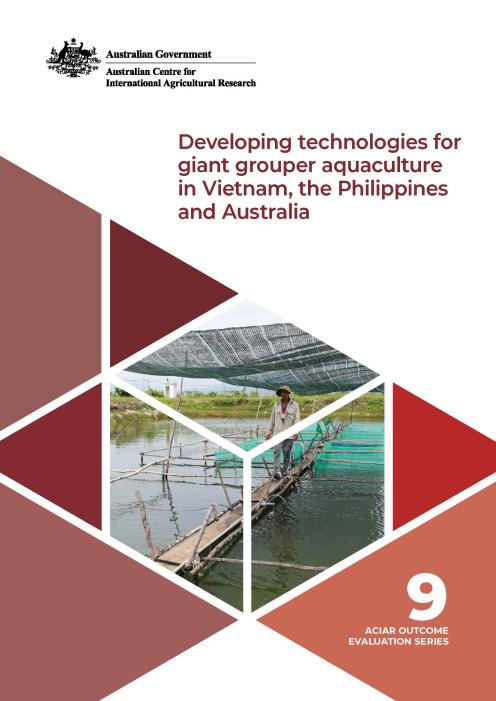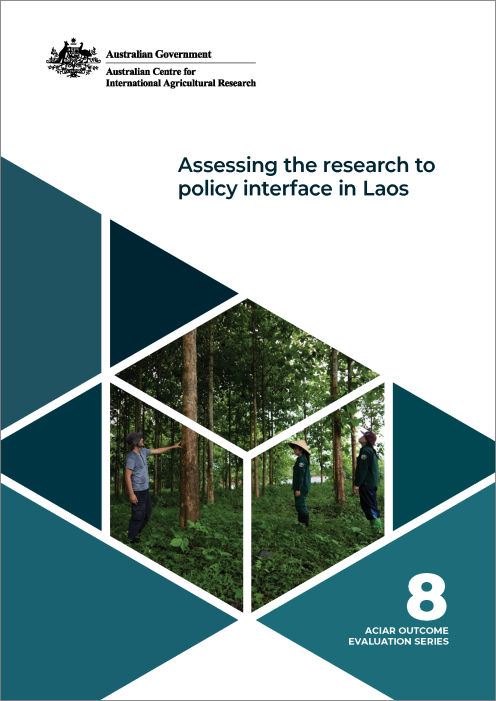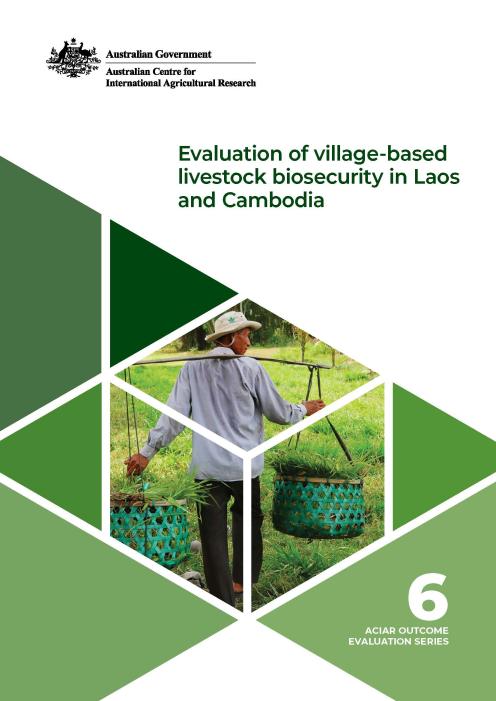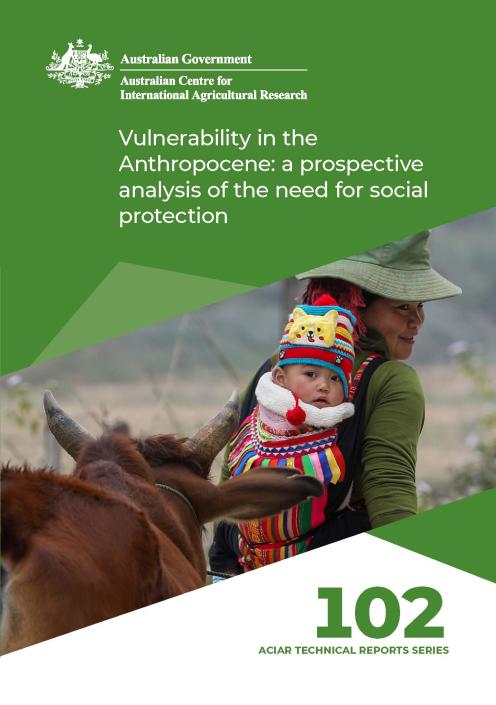- HomeHome
-
About ACIAR
- Our work
- Our people
-
Corporate information
- ACIAR Audit Committee
- Commission for International Agricultural Research
- Policy Advisory Council
- Agency reviews
- Executive remuneration disclosure
- Freedom of information (FOI)
- Gifts and benefits register
- Information publication scheme
- List of new agency files
- Contracts
- Legal services expenditure
- Privacy impact assessment register
- Commonwealth Child Safe Framework
- Benefits to Australia
- Careers
- 40 years of ACIAR
-
What we do
- Programs
- Cross-cutting areas
- Resources
- Where we work
-
Funding
- Research projects
- Fellowships
-
Scholarships
- John Allwright FellowshipScholarships to study in Australia for ACIAR partner country scientists to have Australian postgraduate qualifications
- ACIAR Pacific Agriculture Scholarships and Support and Climate Resilience Program
- Alumni Research Support Facility
- Publications
- News and Outreach
Latest publications
ACIAR produces a diverse range of publications to capture and share the results and experience gained through our research partnerships. Our latest publications are featured here. Limited hard copies are available for select publications.
Please contact our publishing team with your queries or requests about our publications.

Technologies for giant grouper aquaculture
ACIAR-funded of research of hybrid grouper in Vietnam increased profitability and options for farmers.

Illegal, unregulated and unreported fishing in Indonesia
ACIAR-supported research generated data and knowledge that contributed to new policies and regulatory frameworks.

Area-wide management of fruit fly
A guide to the implementation of an area-wide management system for fruit fly in mango.

Assessing the research to policy interface in Laos
ACIAR-funded research on fish passages, forest plantations and groundwater irrigation contributed to significant policy and development outcomes.

Evaluation of village-based livestock biosecurity in Laos and Cambodia
Six livestock disease management projects were evaluated for their contribution to positive biosecurity, health and reproduction outcomes.

Vulnerability in the Anthropocene: a prospective analysis of the need for social protection
This report is a technical economic analysis of potential underlying drivers of acute vulnerability to shocks such as the COVID-19 pandemic, and explores why particular groups are more vulnerable to these shocks than others.


